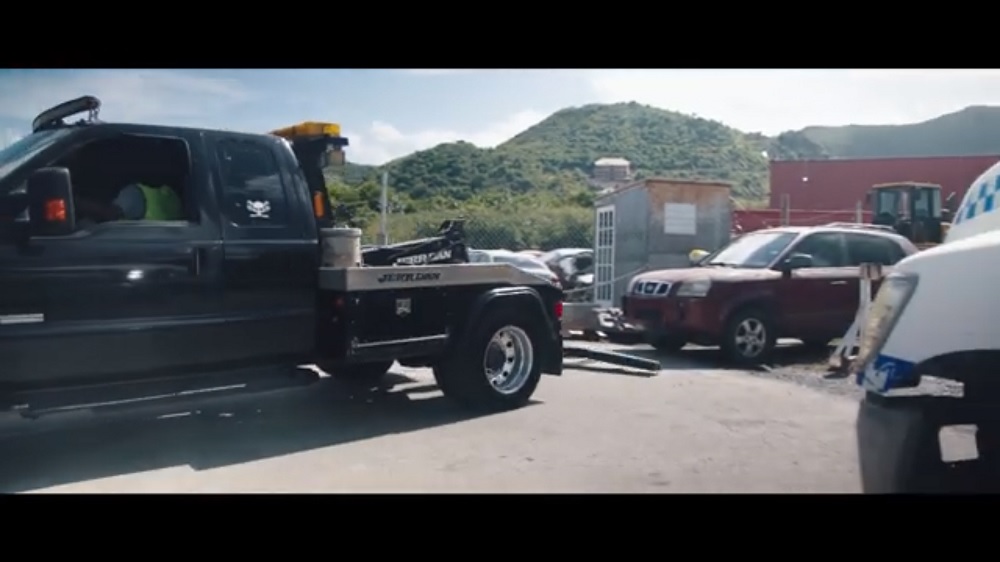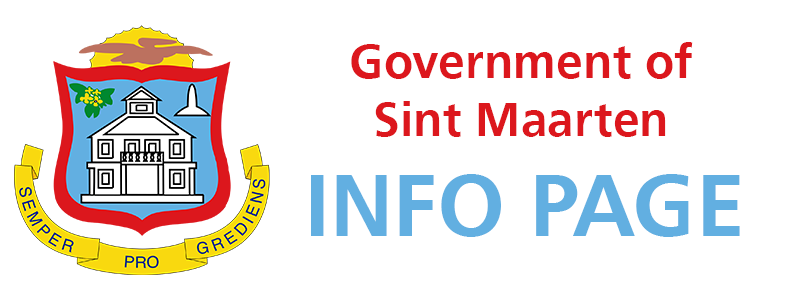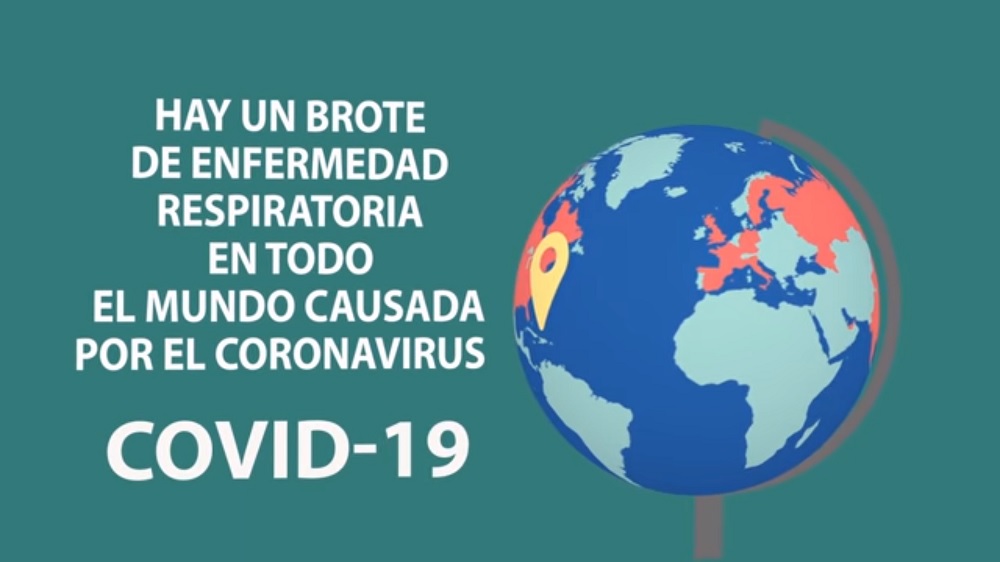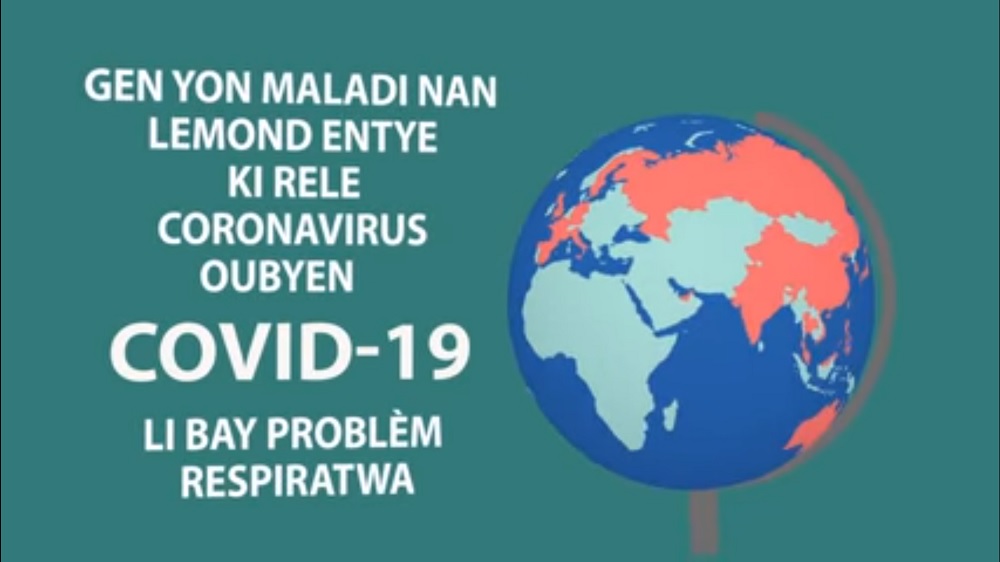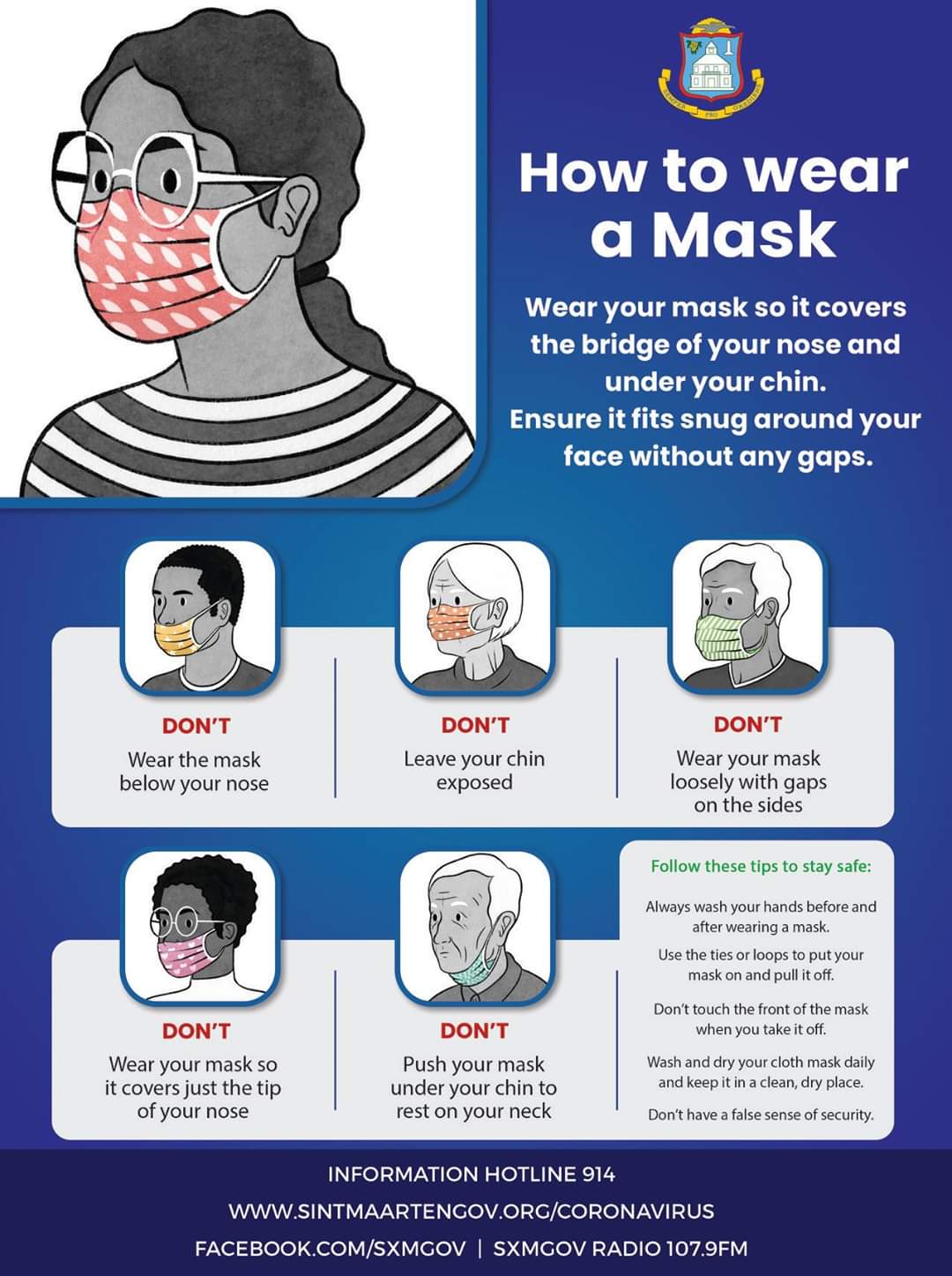Ombudsman concludes investigation into the towing policy of the St. Maarten Police Force
PHILIPSBURG -- Ombudsman Gwendolien Mossel recently concluded an investigation into the towing policy of the St. Maarten Police Force (KPSM) and its execution in practice. The absence of a parking policy plan is addressed in the report as well. In the report the Ombudsman concludes that parking in Philipsburg is not adequately organized. There is no comprehensive parking policy plan. A proper towing policy does not exist, and the one that is currently in place is not being followed. As a result, although improvements have been made over the past years, towing in Philipsburg remains insufficiently regulated and supervised.
Based on the findings presented in the report, the Ombudsman provided the following recommendations:
Creation of a Philipsburg parking policy plan
Government should revisit the numerous Philipsburg Development Plans and draft a comprehensive parking policy plan for the city. In the eventual implementation of the parking policy government should ensure that the proper infrastructure is in place, such as signs, parking machines, a parking reference system or perhaps one or more parking garages with which the desired direction to the policy can be given. Government will also need to, directly or indirectly, have an organization that can implement the parking policy, including providing the necessary information to the public. It should also be noted that parking when properly regulated, can generate much needed revenue for the country.
Draft and implement a comprehensive towing policy with proper checks and balances
KPSM must establish a comprehensive towing policy. One that encompasses all of the phases: outsourcing, execution, control and supervision. In terms of the execution, matters that need to be addressed are: proper data base for ‘proces verbalen/mutaties’, official (uniform) parking signage, payment possibilities other than cash and ensuring that in the event of damages to vehicles towing companies cannot absolve themselves from their responsibility without verifiable evidence, such as providing photos of the vehicle prior to and after towing.
Establish parking permit policy
The procedure that is required to obtain a parking permit should be documented and properly regulated via a policy so that it is clear to the general public, including the possible grounds for denial and objections.
Amend and update Road traffic ordinance
The Road traffic ordinance should be amended to facilitate the introduction of modern enforcement tools such as wheel clamps etc. The procedure for the seizure and selling of unclaimed vehicles must be included in the ordinance as well.
More consistency in the execution of (targeted) traffic checks and the issuing of fines as well as modernizing the process
Traffic checks must be carried out with more consistency. According to the OM, there are no fixed agreements with the KPSM about the regularity or dates of traffic checks. The norm for traffic checks, according to the OM Carib guidelines, is 4000 per annum. That norm has not been realized for some time. The system /process of issuing fines must also be updated as this is (still) being done manually. Automating the process would increase efficiency and effectiveness.
More action must be undertaken to collect the issued fines
The collection of fines falls under the responsibility of the OM. Just over 50% of the issued traffic fines were actually paid in 2019. Figures for 2018 indicate the same percentage (50%). Figures for 2017 are unavailable and in 2016, just 30% was collected. Increased collection can also contribute to an overall improved adherence to the traffic rules.
The report was also submitted to Parliament considering the nature and importance of the investigation for the public. The Ombudsman has requested a status report, from the Minister of Justice, on the recommendations within three (3) months from the date of the report.
The final report is available via download on the Ombudsman’s website www.ombudsmansxm.com under the ‘reports and articles’ tab. To complement the report a short introductory video has been produced. The film can be viewed on the Ombudsman’s Facebook page and via the Bureau’s YouTube channel (Ombudsman SxM Sint Maarten).
The Ombudsman listens, investigates, and recommends Government to act on the concerns of the people
The Ombudsman is the Voice and Protector of the People


